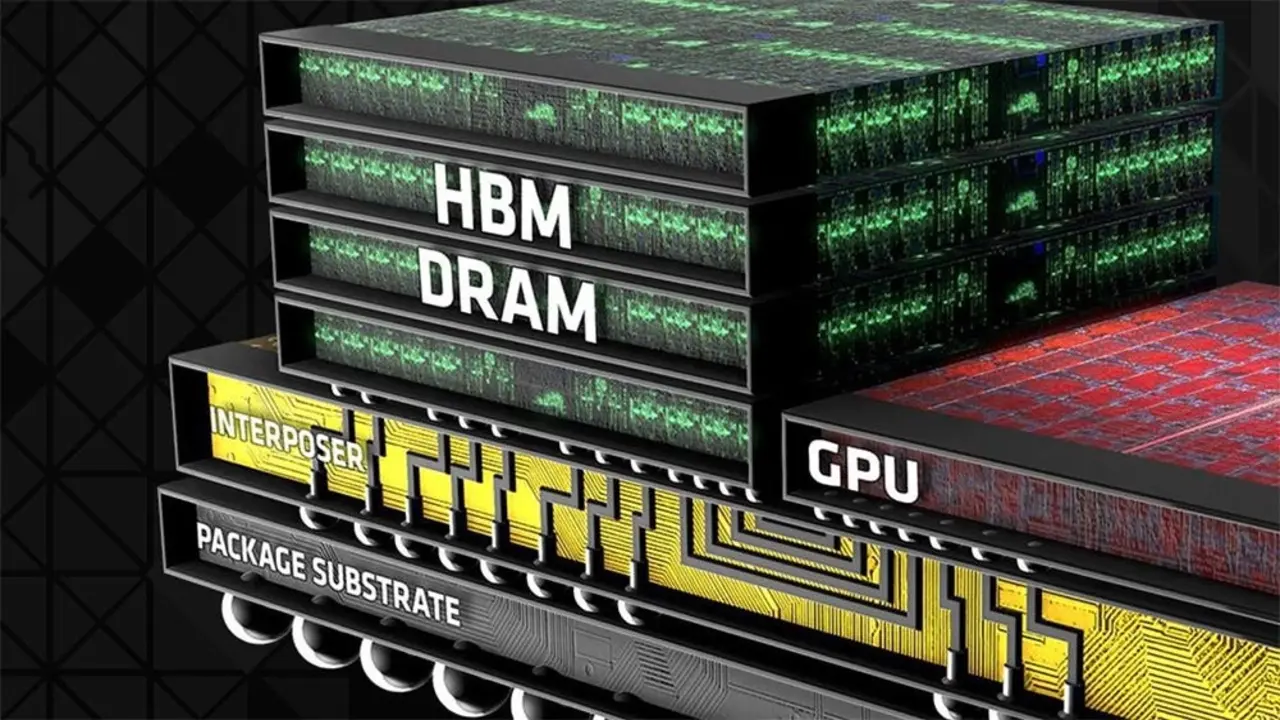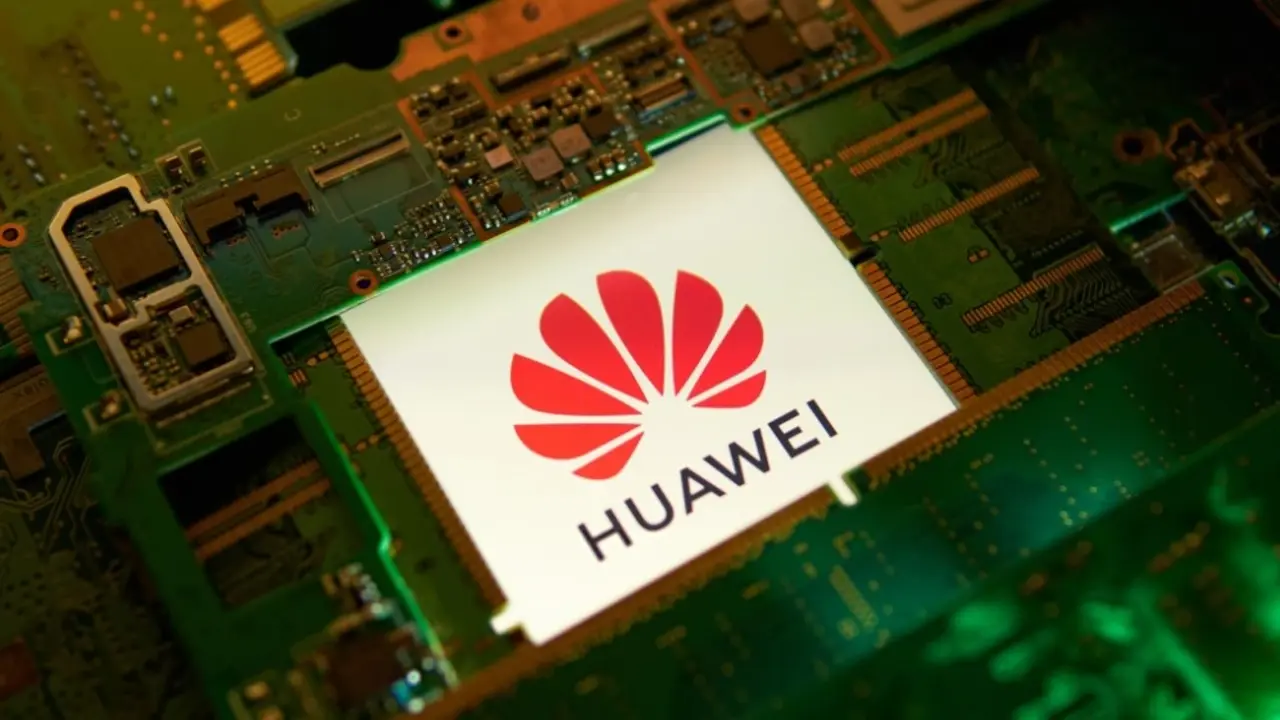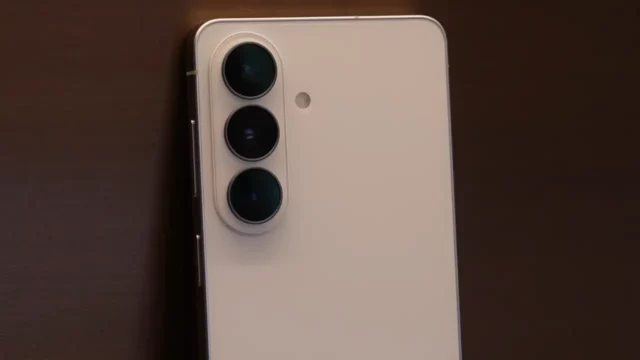Huawei is preparing to take a remarkable step in the smartphone market. It is said that the company may be the first manufacturer to integrate high-bandwidth memory (HBM) technology into its devices. According to the claims shared on Weibo, Huawei may make a significant difference in the sector by using this advanced memory before Apple.
Huawei will use HBM memory in smartphones
HBM is a type of memory used especially in high-performance systems such as data centers, graphics cards and artificial intelligence processors. This type of DRAM produced with 3D stacking technology offers much higher bandwidth and energy efficiency compared to the current LPDDR5X memory.

It also has the advantage of reducing chip size. LPDDR5X is currently used as the most advanced memory type in smartphones. Samsung is expected to start LPDDR6 production in the second half of 2026. Apple, on the other hand, aims to offer HBM technology with its 20th anniversary special iPhone model, which it plans to launch in 2027. Huawei’s being the first brand to use HBM by acting a few years ahead of this calendar may allow the company to stand out in the technology race.
Huawei cannot access advanced semiconductor manufacturers such as TSMC and Samsung due to US sanctions. The company is dependent on local chipmaker SMIC and its 7nm technology in its production processes. Despite these restrictions, Huawei has focused on technologies that give it an advantage over Apple, especially in the field of artificial intelligence.
HBM memories also stand out as an important part of this strategy. High bandwidth in artificial intelligence tasks is a factor that directly affects model execution speed and multitasking performance. Huawei can position itself at a higher level compared to Apple with the hardware advantages it offers in this area.
There is no definite information on which model the company will use HBM technology in first. However, if Huawei’s move is realized, it is expected to pioneer the beginning of a new era in mobile memory technologies. The integration of HBM memories into smartphones will not only be limited to increased performance, but will also pave the way for more widespread and effective use of artificial intelligence-based applications and services on mobile devices.













